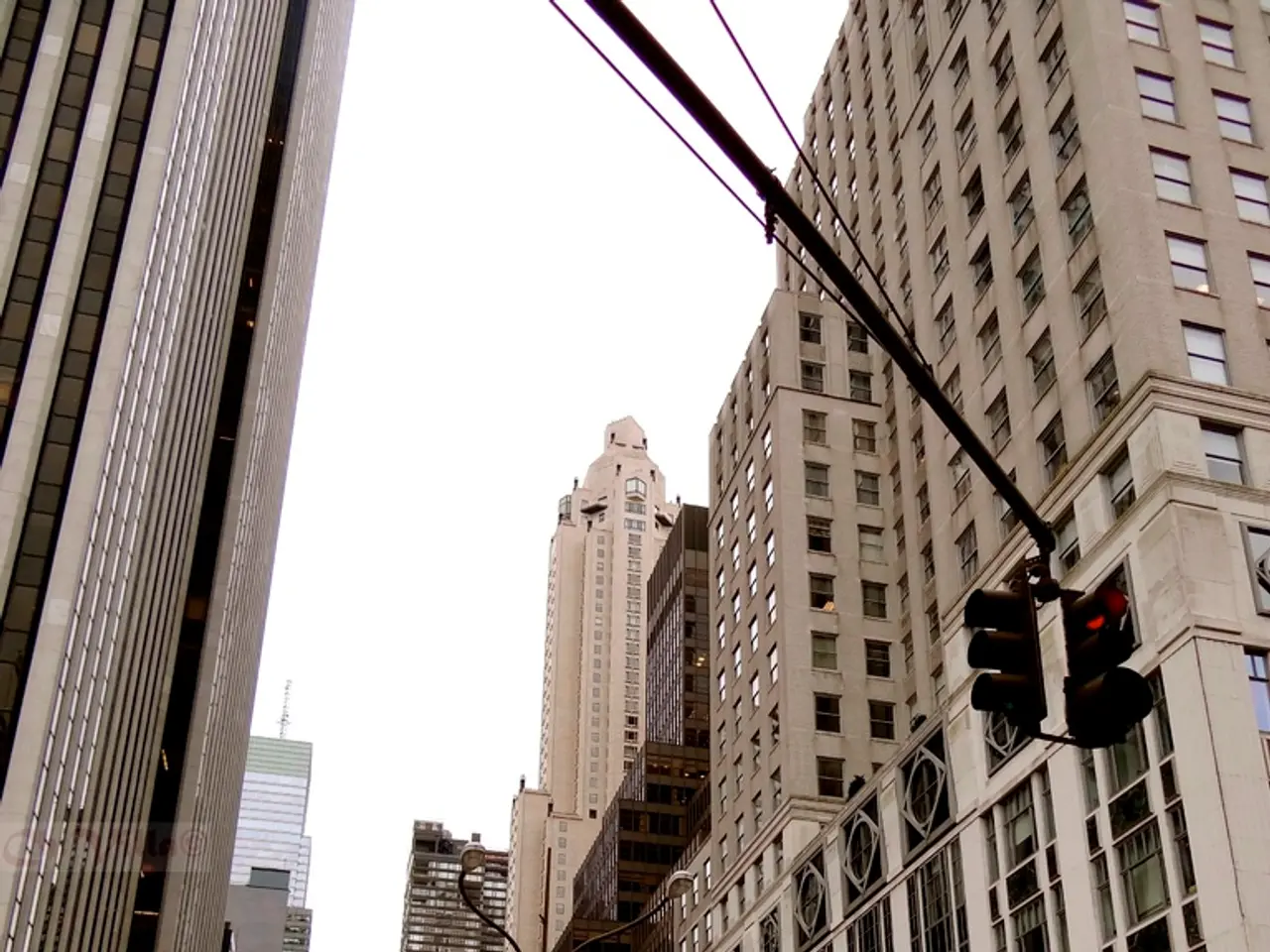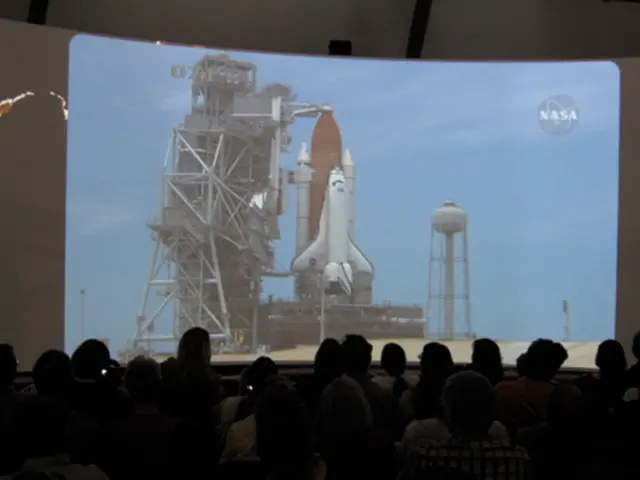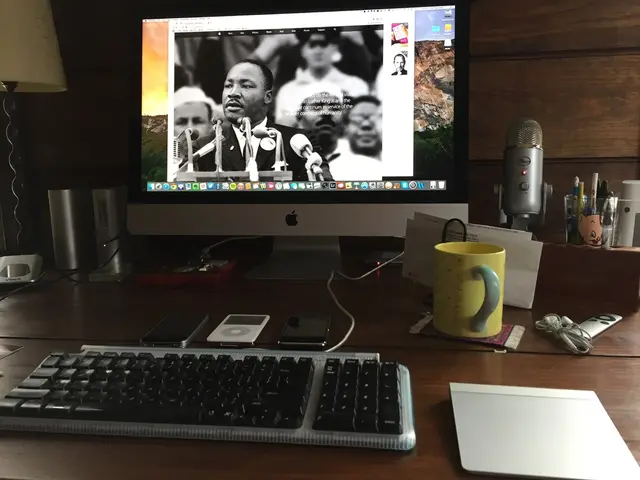SpaceX's Starlink successfully obtains a 10-year operating license in Lesotho for their satellite internet services.
Starlink Granted 10-Year License to Operate in Lesotho, Boosting Digital Transformation
Elon Musk's satellite internet venture, Starlink, has been granted a 10-year license to operate in Lesotho, marking a significant milestone in the country's digital transformation process. The decision, announced by the Lesotho Communications Authority (LCA) on April 14, 2025, is considered a significant step in Lesotho's digital infrastructure development.
In Lesotho, Starlink successfully entered the market in 2025 after a year-long regulatory review. A local company, T-Connect, acts as the licensed reseller, allowing Starlink to provide satellite broadband across the country, including remote mountainous areas. This partnership addresses local ownership concerns, enabling full operation starting June 2025.
However, in South Africa, local ownership rules have impeded Starlink's entry. South African telecommunications licensing requires 30% local black ownership, a requirement that Starlink, wanting to maintain sole ownership for operational reasons, currently cannot meet. This has led to ongoing negotiations, with SpaceX petitioning the South African government to allow an “equity-equivalent program” alternative, offering major social investments instead of equity stakes.
The approval of Starlink's operation in Lesotho, despite criticism from local civil society group Section Two, is intended to improve the country's overall connectivity, particularly in underserved rural regions. The goal is to foster a competitive and innovative communications sector in Lesotho, adding to Starlink's growing presence in Africa, where it already has operations established in countries like Nigeria and Zimbabwe.
The move is expected to enhance nationwide connectivity, and Starlink's expansion into Lesotho reflects a broader pattern in African countries where regulatory and empowerment laws vary, affecting Starlink’s strategies for licensing and ownership structures.
However, the controversy surrounding Starlink's approval in Lesotho is due to its entirely foreign ownership. Critics argue that such arrangements may sideline national interests, limiting inclusive economic participation. Section Two, a local civil society group, has criticized the approval, stating that these arrangements could hinder local economic development.
Despite these concerns, the LCA emphasized that this decision is a milestone in Lesotho's digital transformation, aiming to boost connectivity in rural, underserved areas of the country and fostering a competitive and innovative communications sector. Starlink's operation in Lesotho is intended to address digital inequality, with the goal of providing high-speed internet to 5,000 rural schools and connecting 2.4 million students.
In South Africa, regulatory adjustments could take 18 months to two years, as authorities review SpaceX's alternative compliance proposal. Until then, Starlink remains active in at least 24 African countries, including Somalia, Chad, Liberia, and Niger, where it has launched satellite internet services without apparent local ownership restrictions barring operation.
- The granting of a 10-year license to Starlink in Lesotho signifies a step forward in the deployment of technology, aiming to improve the country's digital infrastructure and foster innovation in the business sector.
- As Starlink pursues opportunities in the space-and-astronomy industry and expands its finance-backed ventures, its operations in Lesotho, coupled with those in Nigeria and Zimbabwe, mark a significant presence in the technology realm across Africa.




